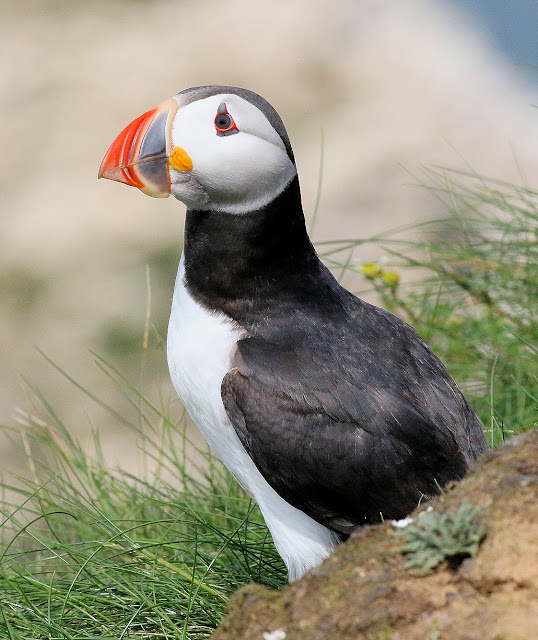2025 Wheatear
The winter term has drawn towards its protacted close. The length of daylight has imperceptibly increased over the last few weeks, and the changing of the clocks has helped it appear more spring-like, and the weather today seems as an improvement. The Spring/Summer term will be starting the week after Easter. We will search out the most colourful local birds.
Bullfinch
Marsh Harrier
Booking for the 10-week Spring term has started. At the time of writing there aren’t enough recruits for Friday afternoons to take place, but if 8 people come forward it can take place. There are most vacancies on Thursday afternoons, with a couple of vacancies on Tuesday mornings, Wednesday afternoons, and Thursday mornings. If you are interested in a session, please ask. For at least 2 hours a week encounter the natural world as a completely new sensual experience. You'll be amazed what you'll find just by listening, and not only by looking! In the Spring we'll be paying special attention to birdsong.
Sedge Warbler
Reed Warbler
If you want help sorting out your Sedge Warblers from your Reed Warblers, and pointing out the differences between singing Blackcaps and Garden Warblers then this is the place to be. We are going to locations where you will hopefully see, and not just hear Cuckoos.
Cuckoo
Turtle Dove
Redstart
We will walk in Bluebell woods and along hedgerows to listen to and identify the songbirds. We will examine the scrubland along lakes to watch birds, which prefer wet habitats. We will also visit a sandy beach for birds of the seashore, and of course we will visit East Yorkshire’s rocky cliffs for a unique wildlife experience on mainland England. The nearby Humber estuary is also an important habitat, which is attractive to many species of bird.
Bearded Tits
So, if you are interested in learning more about your local wildlife in beautiful and secluded venues for £12 a week, then this is the course for you! We visit a different local hotspot each week and identify all the birds and as much other wildlife as we can. This also includes mammals, and fungi with butterflies, and dragonflies. The course runs twice daily Tuesday to Friday. If you are interested in more details of the course, or wish to be placed on a waiting list, please contact me - details at the top of the blog.
Green-Veined White on Bluebells
Broad-Bodied Chaser
Bee Orchid
Puffins
















No comments:
Post a Comment